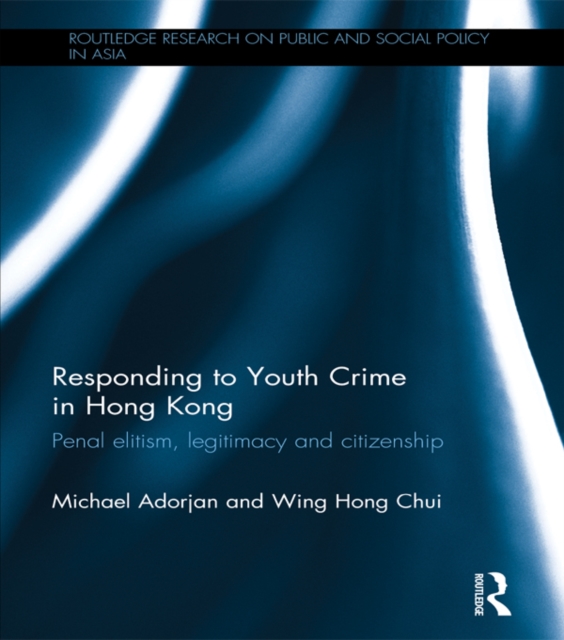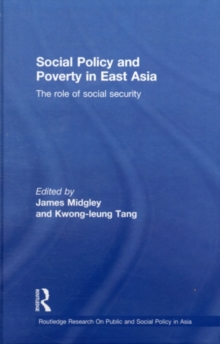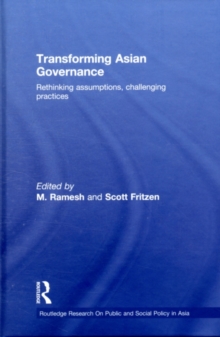
Responding to Youth Crime in Hong Kong : Penal Elitism, Legitimacy and Citizenship EPUB
by Michael (University of Calgary, Canada) Adorjan, Wing Hong Chui
Part of the Routledge Research On Public and Social Policy in Asia series
EPUB
Description
A society’s response to youth crime reveals much about its broader cultural values, social circumstances, and political affairs.
This book examines reactions and policy responses to youth delinquency and crime in Hong Kong during its colonial and post-colonial periods, and in doing so, underscores the history of Hong Kong itself and its present-day circumstances.
Exploring how officials have responded to youth crime in Hong Kong over time, this book tracks the emergence of a penal elitist mode of governance, highlighting concerns not only about young people’s behavior but the need for officials to establish state authority and promote citizen identification.
In turn, it reveals an alternative to the ‘usual story’ about youth crime found in many western regions and provides an opportunity to begin to develop a comparative criminology.
The book examines the emergence of the ‘disciplinary welfare’ tariff during the 1970s, debates and policy changes related to the minimum age of criminal responsibility and youth sex crimes, and inaction regarding the introduction of restorative justice initiatives in the post-colonial era.
It also addresses the power of ‘Post-80s’ youth to protest and challenge government policies, which directly combat contemporary fears regarding the ‘mainlandization’ of Hong Kong.
Drawing on archival sources, official reports and interviews with key stakeholders in the juvenile justice system, Responding to Youth Crime in Hong Kong will appeal to students and scholars interested in Chinese society, criminology, social work, sociology and youth studies.
Information
-
Download - Immediately Available
- Format:EPUB
- Pages:178 pages, 1 Tables, black and white; 11 Line drawings, black and white; 11 Illustrations, black and
- Publisher:Taylor & Francis Ltd
- Publication Date:21/03/2014
- Category:
- ISBN:9781135079956
Information
-
Download - Immediately Available
- Format:EPUB
- Pages:178 pages, 1 Tables, black and white; 11 Line drawings, black and white; 11 Illustrations, black and
- Publisher:Taylor & Francis Ltd
- Publication Date:21/03/2014
- Category:
- ISBN:9781135079956










